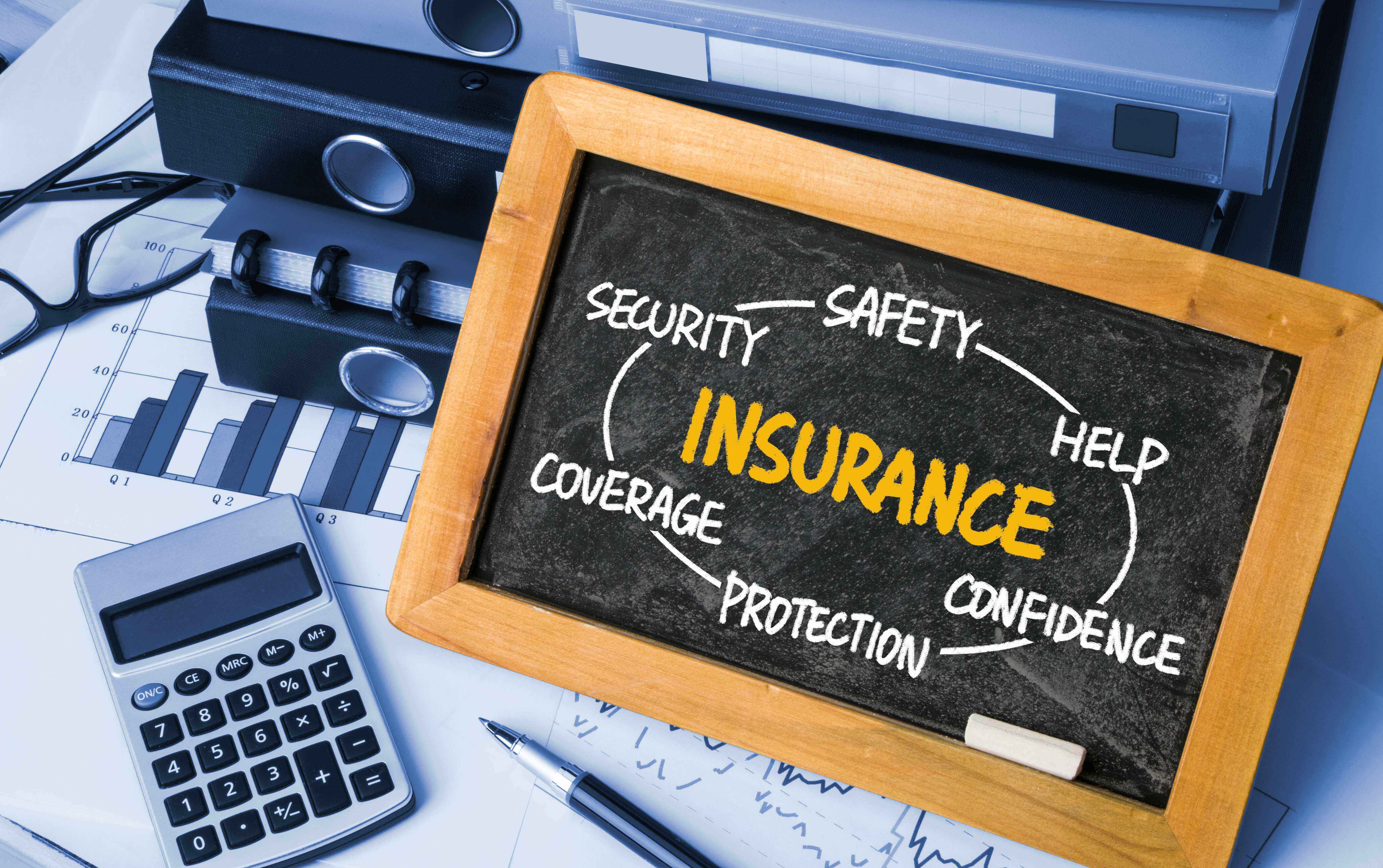Summer Knight: Understanding Fire Insurance And Coverage

Wildfires are an unfortunate reality in many parts of California, especially our beautiful Santa Barbara community. With increasing risks, it's essential to ensure your home is properly protected through insurance.
Here's what you need to know about fire insurance, based on insights from the National Association of Realtors (NAR). For more information, visit facts.realtor.
Does Homeowners Insurance Cover Wildfire Damage?
Most standard homeowners' insurance policies provide coverage for . and smoke damage, including damage caused by wildfires. This typically includes:
The structure of your home.
Other structures on your property, such as detached garages or sheds.
Personal belongings damaged by fire.
These policies generally cover fires caused by:
Candles
Grease
Electrical malfunctions
Wildfires
Lightning
However, standard policies often exclude certain types of fire damage, such as:
Damage caused by nuclear hazards
Arson
Poor maintenance
Wear and tear
If you have questions about your coverage, reach out to your insurance agent or broker for clarity.
What if my Policy Doesn't Cover Fire Damage?
In high-risk wildfire areas, some insurance companies may limit or exclude coverage for fire damage. If this applies to you, here are your options:
Shop Around: Different insurers have varying levels of risk tolerance. Some private companies may still offer coverage even if others don't.
Consider Non-Admitted Insurers: These companies specialize in risks that traditional insurers won't cover. Known as "surplus lines" brokers, they can help address coverage gaps. However, these insurers are not licensed by the state and don't participate in state insurance guaranty funds, so it's important to review their policies carefully.
Seek Referrals: Your state insurance department or current insurance agent may be able to connect you with a surplus lines broker.
What if my Home Is Deemed Ineligible for Fire Insurance?
If your home is classified as too high-risk by your insurance company, consider these steps:
Get Multiple Quotes: Compare quotes from various insurers, including surplus lines.
Wildfire-Prepared Certification: Obtain certification from organizations like the Institute for Building & Home Safety to potentially reduce your risk profile.
Contact Your State Insurance Commissioner: They can provide guidance on available options and risk maps.
What is the FAIR Plan?
If you are unable to find fire insurance through private insurers, a Fair Access to Insurance Requirements (FAIR) plan might be an option. These state-sponsored plans are designed for high-risk homes that don't qualify for private market insurance.
While FAIR plans tend to be more expensive and offer limited coverage, they provide a crucial safety net.
Why Work with a Realtor?
Navigating fire insurance can be complex, especially in high-risk areas. A Realtor can help connect you with trusted insurance professionals and resources to ensure you find the coverage you need.
Protecting your home and family from wildfires starts with understanding your insurance options. Take the time to review your policy, shop around if needed, and consider additional steps to mitigate your risk.
For more details, visit facts.realtor.
Special thanks to the National Association of Realtors for these valuable insights.
The post Summer Knight: Understanding Fire Insurance and Coverage appeared first on Noozhawk.
The post Summer Knight: Understanding Fire Insurance and Coverage appeared first on Insurance News | InsuranceNewsNet.


